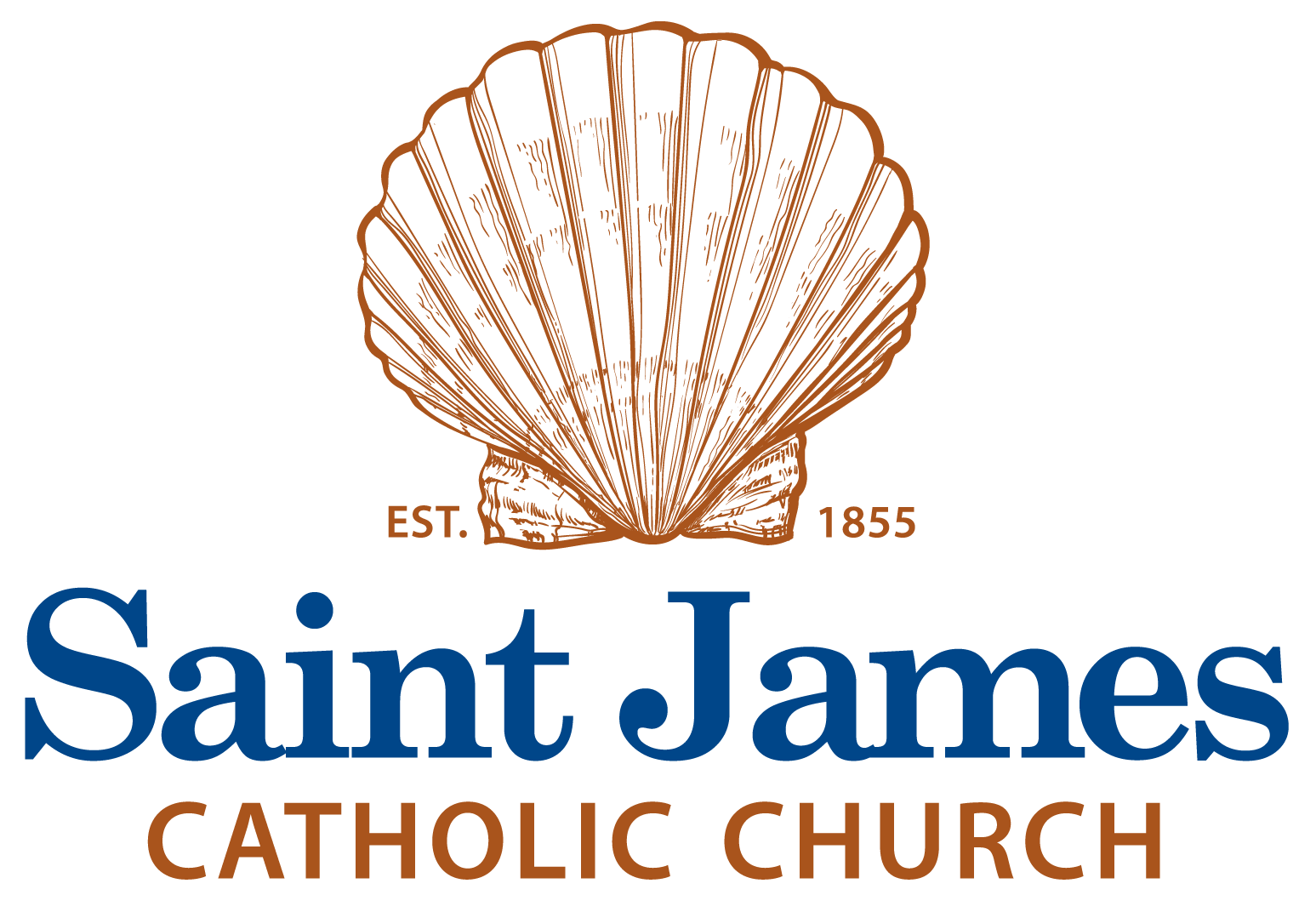Sometimes it’s not what you say but how you say it that determines the meaning. Fr. Dennis was in a play in high school. The setting was in the Old West and the town was starving to death. Someone rushes in announcing that a wagon train was coming. One of the characters was supposed to say: “You mean we’re going to EAT again.” What he actually said was, “You mean we’re going to eat AGAIN.” Not what you said, how you said it. “Eats shoots and leaves” refers to the dietary needs of a panda. “Eats. Shoots. And Leaves” refers to Michael Corleone in the Godfather movie. Or how about “A woman without her man is nothing” as compared with “A woman: without her, man is nothing.” Not what was said, but how it was said. In today’s gospel the unclean spirit said: “What have you to do with us, Jesus of Nazareth?” The demonic way of asking that question is a demand to be left alone. I’m making it, Jesus, so don’t make too many demands on me. Don’t expect me to change too much. You stay up there, I’ll stay down here and everything will be fine. But there is another way of asking that question. What is you want from us, Jesus? How can I respond better to your presence in my life? What does it mean to be your follower?
What have you to do with us, Jesus? I would have you be people of faith. Faith does not mean so much being able to recite the creed or answer the catechism questions. Faith is not even at the most basic level about going to church or saying your prayers. The faith Jesus wants of us is a radical trust in God, a trust that what God does for us is for the best. A story: J.J. bought himself a brand new convertible sports car with four on the floor and an attitude. He wanted to take it through its paces but thought the flat prairie wouldn’t really show what the car was capable of so he went to the mountains. There he started zooming up the hills, going around the curves on two wheels, higher and higher around each switch back. The wind was in his hair, the car was roaring and all was well – until he lost control going around one curve and the car sailed out into space, falling into the canyon below. J.J. managed to leap out of the car just as it left the ground and grabbed onto an overhanging branch. Try as he would, he couldn’t get back to solid ground so he started shouting, “Is anyone out there?” After a bit he heard a response: “I’m here.” “Thank goodness, I’m saved. Who are you?” It’s God. “Even better. Help me to get out of this fix.” “Okay” the voice said, “Let go of the branch and I’ll catch you.” J.J. looked at the canyon far below and said, “Is there anyone ELSE out there.” Faith is letting go of the branch, trusting that God does, in fact, take care of us.
What have you to do with us, Jesus? I would have you be people of hope. Looking at the state of the country, looking at conditions in the Church, looking at the neighborhood, looking at the situation of our families can cause us to lose heart. Things are a mess. How will things ever get better? We have hope when we understand that God has not abandoned us, that God continues to work in ways we don’t see to bring about the kingdom of justice and peace. We have hope when we trust that God can make a way out of no way. Ronald Reagan told the story of two brothers – one who always saw the negative and another who always saw the positive. As a test, their parents one Christmas gave them each a present. To the negative brother they gave the latest video game console with all the trimmings. His reaction: this will break down eventually and even if it doesn’t it will be outdated in a few years. To the positive brother they gave a box of manure. He was jumping all up and down, so happy and so excited to receive that present. What are you so happy about, they asked. He answered, “With this much manure there has to be a pony around here someplace.” It is the loftiest hope that is the surest of being fulfilled. Hope is the confidence that in God all will be well, all manner of things will be well.
What have you to do with us, Jesus? I would have you be people of love. We are people of love, first of all, by knowing that we are loved. Before we have done anything, from the first moment of our existence, God loves us. Nothing that we have done causes God to love us. Nothing that we do can make God stop loving us. Simply being who we are, we are the beloved of God. As a people of love we share that love with others in the same way God loves us. If any of you went to vacation Bible school you might remember this song: “It only takes a spark to get a fire going, but soon all those around have warmed up to its glowing. That’s how it is with God’s love, once you’ve experienced it. You spread his love, to everyone, you want to pass it on.” We pass on God’s love when we forgive that family member who gets on our last nerve. We pass on God’s love when we reach out to the lost and confused soul who is trying to find what it all means. We pass on God’s love when we practice the works of mercy toward the homeless and helpless, the migrant and the miserable, the used, abused and utterly screwed up. Whatever we do, both in speech and in action, do it with love. What have you to do with us, Jesus? Faith, hope and love. And the greatest of these is love.







